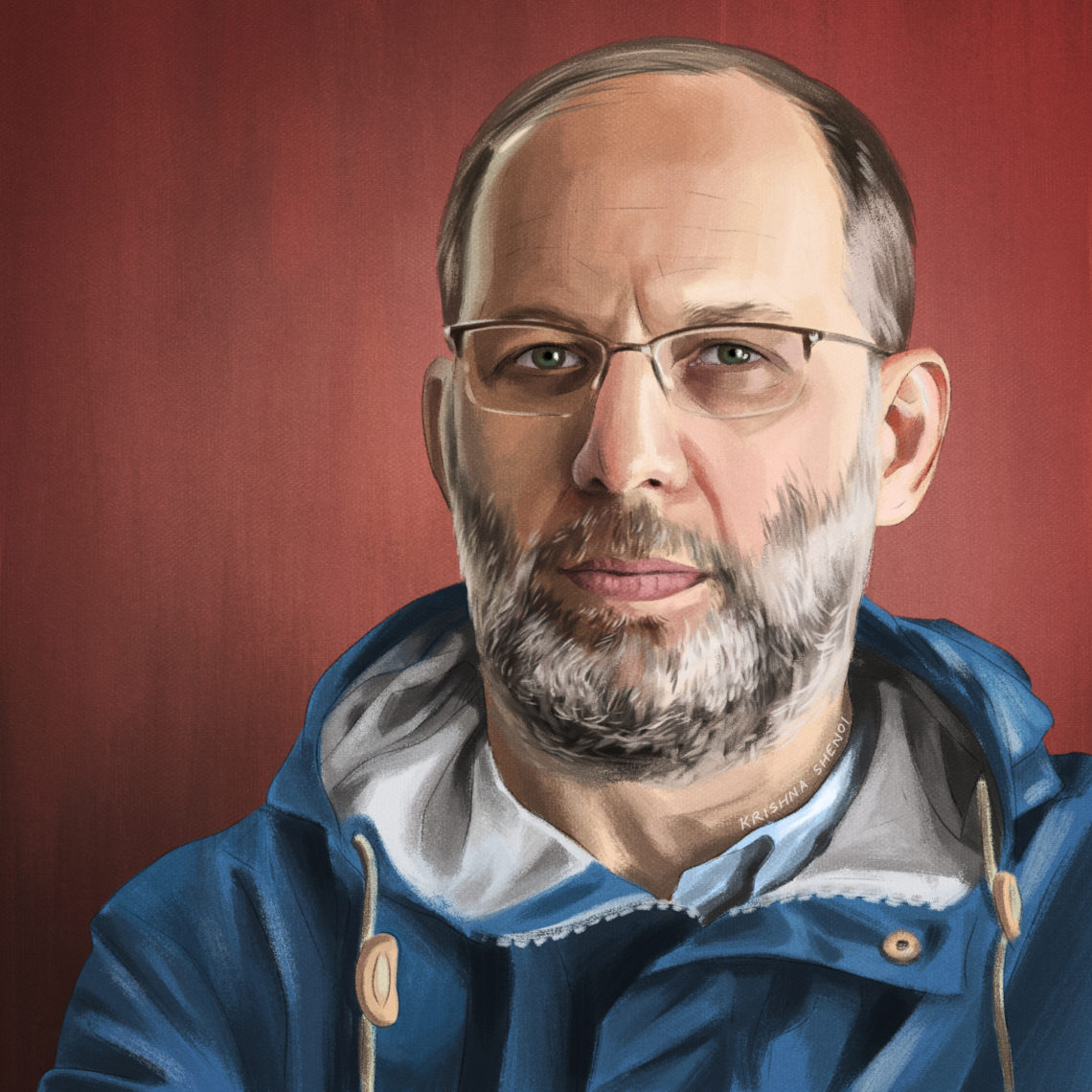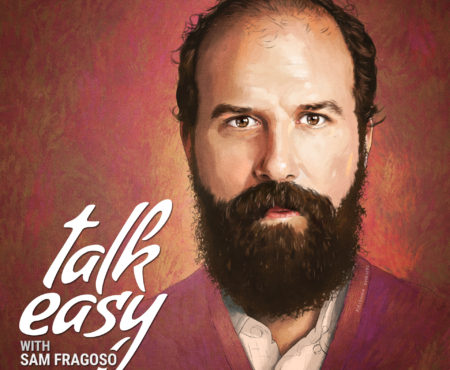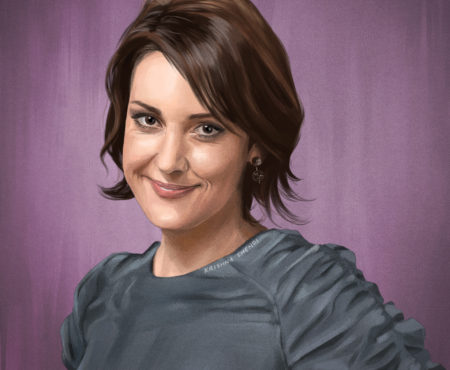Check out the new episode of Talk Easy with Sam Fragoso, where he interviews filmmaker Ira Sachs; as a teaser, enjoy the following transcript of a brief portion of the episode.
Ira Sachs: I made two films [in Memphis], one called The Delta and one called Forty Shades of Blue. It was the only other city besides New York that I so far felt confident in that I had intimacy with to make a movie in, because I think I know a part of it really well, and instinctually.
Sam Fragoso: So in Memphis when your best friend moves, when is that?
IS: That’s in sixth grade.
SF: So what happened once you got to high school?
IS: Well, I went from basically an all-girls school until sixth grade, which only had three boys in my class-
SF: Three boys and how many girls?
IS: Like fifteen girls. It was a maternal school and it had been an all-girls school which went co-ed and we were the first class. And it was wonderful. Then I went to an all-boys school in seventh grade where I was called “kike” and had pennies thrown at me and my friends were thrown into sticker bushes. There was the violence of masculinity, and I was also beginning to understand my own sexuality. There was just a beginning of fearful time that I feel like, for me, lasted until I was forty.
SF: Really? From seventh grade to forty.
IS: I feel like that’s a narrative of self-discovery that was mirrored by my own movies. So my first four films were all about individuals trying to figure out who they were, and having some conflict in that struggle. When I got to be forty, I’m happy to say I sort of got comfortable with myself in a new way and my films are about different things.
SF: I wanted to bring this up to you. When in seventh grade, or did you have a moment where you realized you were attracted-
IS: To men?
SF: Yeah. I feel like there’s a moment, whatever your sexuality, I still remember the first girl that I was into. I won’t say it on here.
IS: You do?
SF: Oh, 100%.
IS: For me it was around that time, it was around when I was thirteen and going through puberty, and almost my actions preceded my thought, so I began to have experiences around then.
SF: Really? At thirteen?
IS: Yeah, I did. I think that, like a lot of boys and I think a lot of girls, I sought out sex and I sought out connection. In that way I was precocious but in another way it’s lucky I’m alive.
SF: When did your parents know?
IS: I came out in high school. So I came out when I was sixteen, which was 1982.
SF: Do you remember that conversation?
IS: I remember each of those kind of conversations: my mother, my father, my sisters, my best friend. I came out first to my best girl friend, who would’ve been my romantic girlfriend if I had been straight. We spent all our time together and suffered together the way teenagers do. I really think that that moment of trying to reveal who you are didn’t end once I came out. It was the beginning of a really long process.
SF: Were your parents receptive to the idea?
IS: Yeah, I grew up in a pretty liberal, Jewish, progressive home. I think there’s adjustments, certainly, and there’s disappointments, which is something I think is really interesting and I’m particularly interested in now. I think Little Men, again, speaks to this a lot, about the parent looking at the child and realizing, “Who are they?” and the inverse, when a child looks at their parent and realizes they are only as good as they can be. It’s a very poignant moment, I think.
Music provided by Vanilla.
You can subscribe to the show on iTunes.
Also, be sure to follow us on Facebook and Twitter.
Thank you for listening!




















